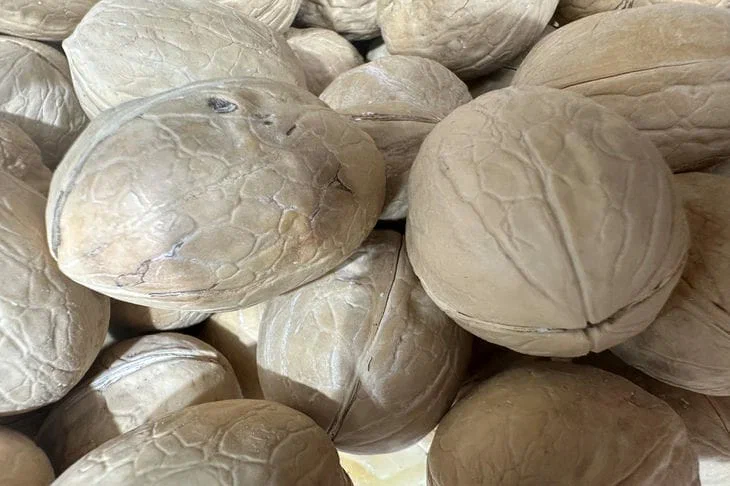It is unlikely that we will be wrong if we assume that nuts are present in one way or another in the diet of every person (except, of course, those people who are allergic to them).
And this is not surprising, because legends can be made about the nutritional value and benefits of this product.
There is just one thing: if you do not want all the beneficial properties of nuts to be lost, you should follow certain rules when storing them.
Let's start with fresh nuts, which should be sorted and dried before being stored.
During the sorting process, you will have to separate the nuts by grade, while rejecting any obviously spoiled specimens.

You can dry nuts by laying them out in the fresh air, where the sun and wind will do their job, or by heating the nuts on the stove, in the oven or in a stove at a temperature of 40 to 50 degrees.
In this form, nuts will not lose their nutritional properties for about a year if you provide them with suitable storage containers.
To do this, you will need airtight bags or sacks that can be vacuumed. Alternatively, sew bags from natural fabrics.
In this form, nuts should be stored in a dark, dry place with a stable temperature.
If you do not plan to store them long-term, you can pour the nuts into a glass container and put them in the refrigerator.
Previously, we talked about what foods should not be put in the refrigerator.








